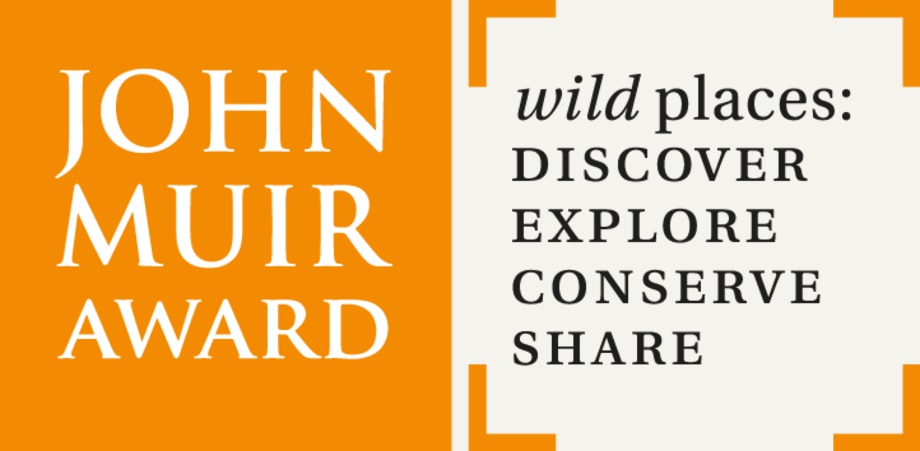In the outdoor team we are passionate about encouraging everyone to appreciate what is around us. We believe the John Muir Award is one very effective way of becoming connected with the place we live and making the learning place based. There is not a set syllabus, it is up to you how you meet the criteria, and it is open to all (families can get involved, and individuals generally from an upper primary level). If you would like to talk about the John Muir Award and how you can take part in it or use it Contact the Team
There are four challenges at the heart of the Award:
Discover a wild place:
This can be the school grounds, an area near your school or something further afield?
Explore it:

Do things which will help you understand and become more aware of your wild place. Experience it.
Conserve it:

Do something practical and take personal responsibility for making it better
Share your Experiences:

Let others know about your wild place, what you have done and what you have learnt.
The Levels
There are three levels of award – Discovery, Explorer and Conserver. There is a time commitment to each and it should be seen as a minimum and the majority of the time should be spent outdoors. There is no upper limit but time can’t be carried forwards to the next award.
Discovery Award – 4 days (or equivalent) minimum time commitment
Explorer Award – 8 days (or equivalent) minimum time commitment
Conserver Award – 20 days (or equivalent) time commitment, over at least 6 months
The Thinking
The Award uses the Head-Heart-Hand Model from Patrick Geddes:

There is a downloadable John Muir Award Information Handbook








